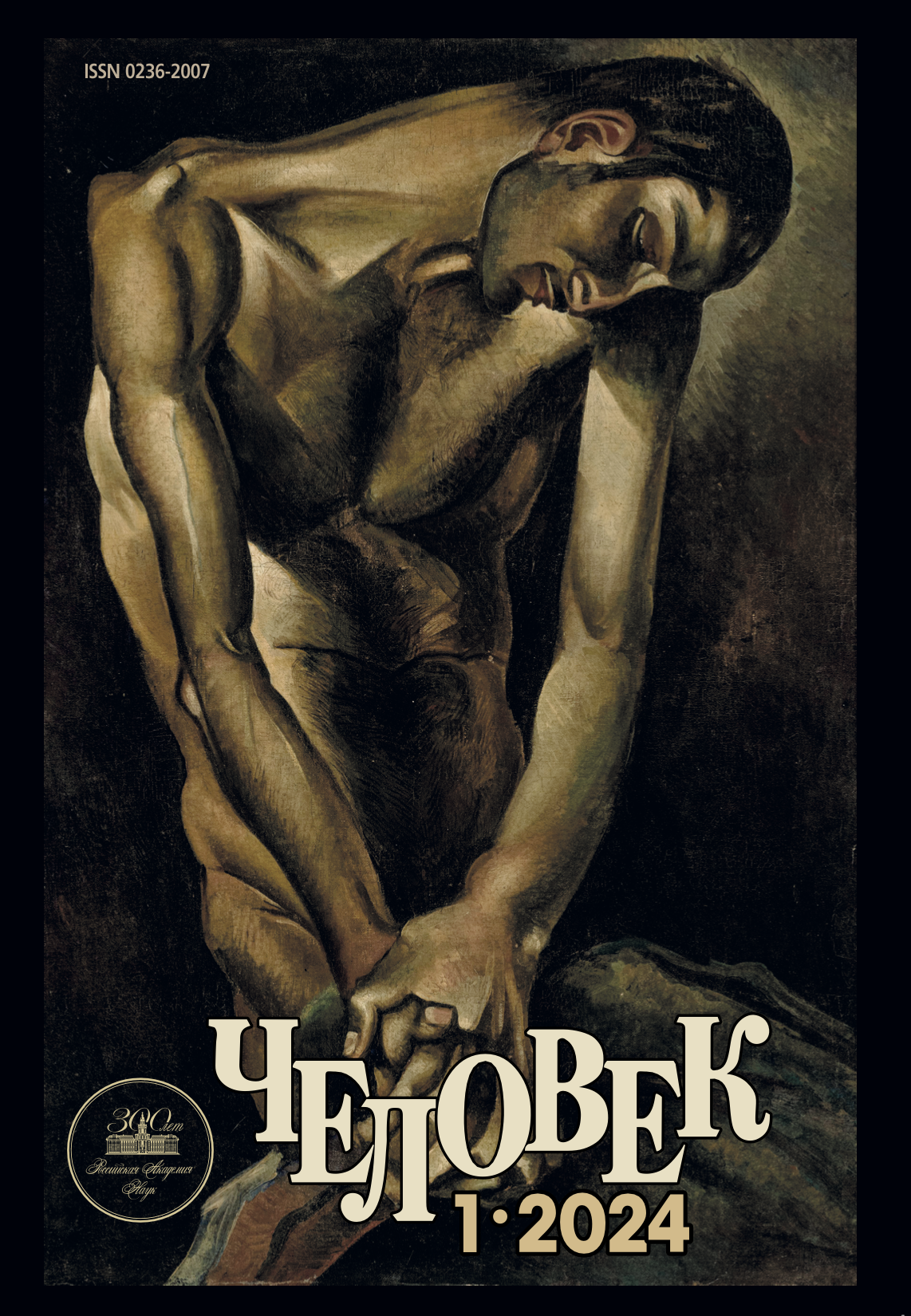F.M. Dostoevsky: About the Gap Between Life and Consciousness
DOI:
https://doi.org/10.31857/S0236200724010029Keywords:
human nature, subjectivity, madness, sleep, suffering, the commandment of love, “The Dream of a Ridiculous Man”, “Notes from the Underground”, “Demons”Abstract
The article provides a philosophical analysis of F.M. Dostoevsky's late novel “The Dream of a Ridiculous Man”. In contrast to the approach common in scientific literature, in which researchers try to interpret the writer's work by inscribing his reflections in various traditions, the author of the article aims to analyze the philosophical problem of the relationship between life and consciousness posed by Dostoevsky. The personification of Dostoevsky's solution to this problem is the antagonists “underground man” and “ridiculousman”. If for an “underground person” consciousness is higher than life and opposes it, then for a “ridiculous person” life is higher than consciousness, and happiness is higher than knowledge of the laws of happiness. The author reveals the semantic structure of the story, according to which the hero from the idea that his consciousness is, but there is no world, comes to the opposite conclusion: the world is, but there is no consciousness. The article consistently explores such questions as: what does it mean to be funny? What is the source of feeling and conscience? How do dreams and reality relate? Why does Dostoevsky talk about the hero's God-fighting, without talking about God? How do the planetary paradise and consciousness, as well as consciousness and suffering, relate? Answering these questions, the author shows the contradictions contained in the story, and comes to the conclusion that the reason for them is Dostoevsky's connection of two pictures of the world. According to the first, a human is a planetary being and self-sufficient in his nature. According to the second, a human is burdened with an inner world, which can only be settled by an inner law, which Dostoevsky formulates as a commandment of love.






